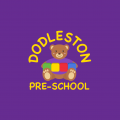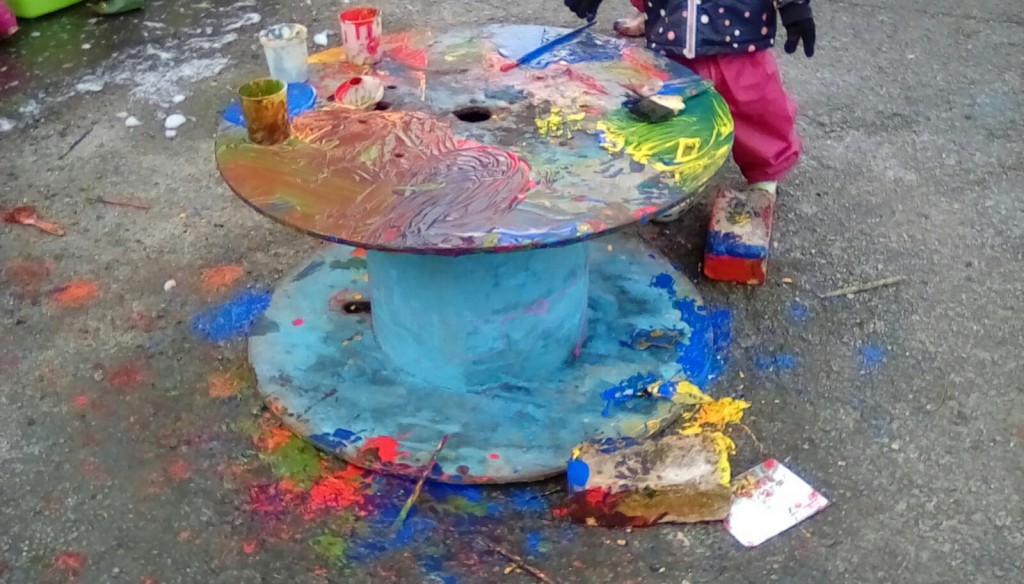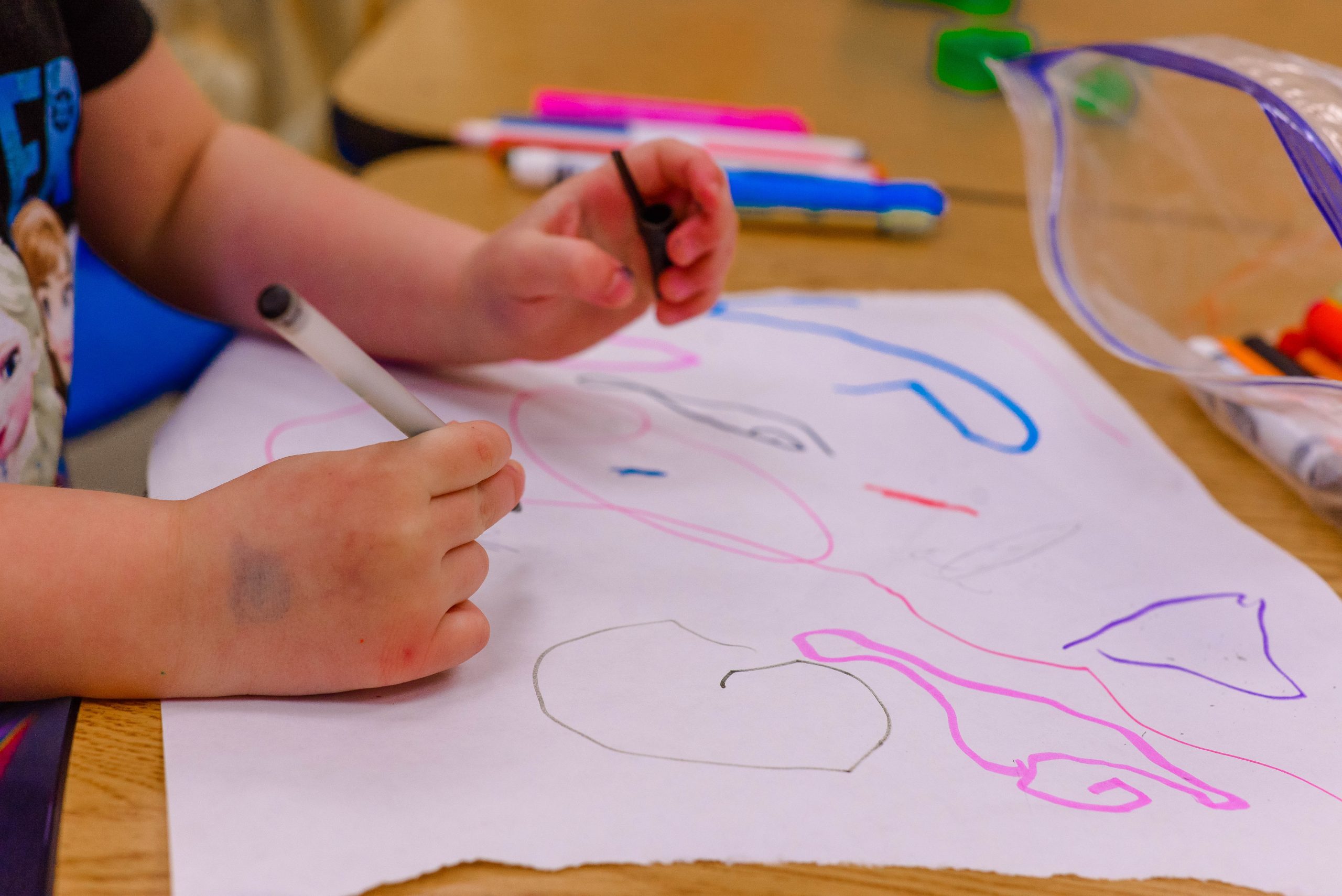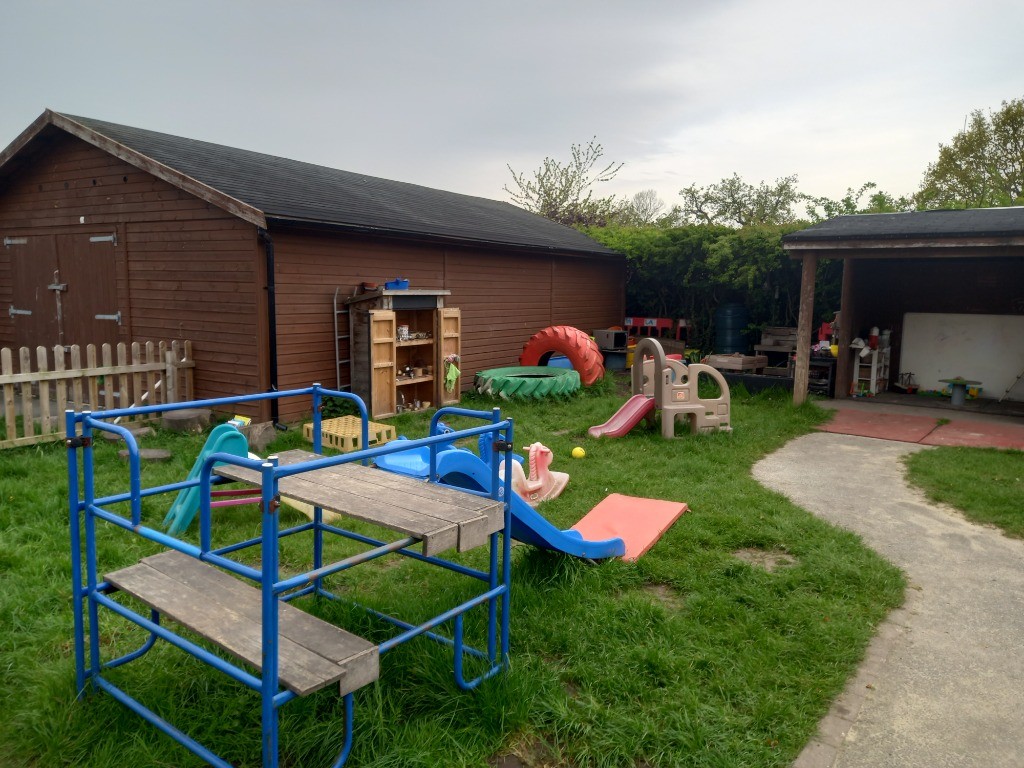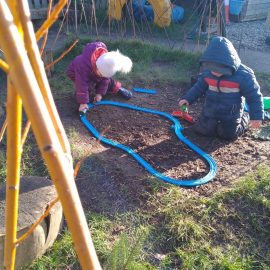Pre-schools can act as a cornerstone in early child development and there are so many benefits to putting your child in a pre-school. These education centres can play a pivotal role in creating a foundation for your child’s learning and development.
But don’t take our word for it! Below, you can find just some of the benefits to help you decide whether it’s the right move for you.
How can pre-school help your child?
1. Develops social skills
A child that attends pre-school will spend a lot more time around other children than one that doesn’t attend. This increases their exposure to language and communication. Even when they’re playing, they’re listening, understanding, responding, sharing and more. As adults, we forget how much is involved in a simple conversation because we’re used to conversing, but children are still learning.
2. Helps them to learn
Pre-school gives children an early exposure to structured learning. They’re introduced to basic numeracy, literacy and problem-solving skills that are appropriate for their age, and this can only help to prepare them for school when they start aged four or five.
3. Exposes children to teamwork
Children that only socialise with their parents or a sibling might not have been exposed to teamwork that much. But pre-school serves as the first social environment outside of the family, and teamwork is incorporated in play so much more than you might think. They learn to take turns, collaborate in group activities, help each other out, and these are all crucial elements of a pre-school education.
4. Teaches emotional resilience
Pre-school can bring a whole new set of emotions for a child. They may feel excited but also nervous at being apart from their parents. Separation anxiety is common, but is generally overcome very quickly once they’ve got to know the staff members and other children.
The purple ladies at Dodleston are definitely used to this, but will provide a supportive and stable environment for children that have such anxieties.
5. Introduces routine
How many times have you heard that routine is important for a child? That’s because it is! Structure brings predictability into a child’s life, reducing their anxieties and helping to develop a sense of security.
Attending a pre-school can help them get into a routine before attending primary school.
6. Encourages independence
We know your children are between the ages of two and four when they come to pre-school, so we don’t expect them to be dressing themselves or going to the toilet independently straight away. But pre-school can encourage some independence, whether it’s feeding themselves, washing their hands on their own or teaching them they can ask someone for assistance, like with putting on their coat.
7. Boosts literacy and maths skills
While to adults, it may look like all children do is sing songs, play with their toys and run around outside. But all these things are so important to their development, and actually teach them a lot. Alphabet songs can help them with their letters, and rhymes can help them to distinguish between certain sounds. Counting songs introduce them to numbers and matching or sorting games help to develop key skills.
8. Encourages creativity
Creativity is so important for children. Their imagination is wild and should absolutely be encouraged. When they’re playing outside, they could be a shopkeeper selling groceries or a firefighter rescuing a cat. They’re a gardener while they’re digging in the soil and a pizza maker while exploring play dough.
One of the top benefits of a pre-school is the way they encourage a child’s creativity. Our team listens to the children’s ideas and asks questions to develop their ideas further.
9. Develops motor skills
While literacy, language and social skills are important, motor skills are too. Children start to develop motor skills when they’re just a few weeks old, initially grabbing for toys or banging two toys together.
Lots of pre-school activities are designed to improve motor skills, such as using scissors to cut things out or digging with a trowel to plant a seed.
10. Offers a smooth transition to primary school
Perhaps one of the most significant benefits of a pre-school is how it makes for an easier transition to primary school. Children who have experienced pre-school are generally more prepared academically, socially, and emotionally for the formalities of primary education. They have developed the necessary skills to engage with a structured curriculum and navigate the social complexities of a larger school setting.
Dodleston Pre-School has links to the Dodleston CofE Primary for this reason, and has regular meetings with the reception teacher, Mrs Ryan.
Does pre-school help speech delay?
If your child has a speech delay, attending a pre-school could absolutely help them. Children learn by watching so when they’re in a social environment, particularly with other children, they’re more likely to pick up new skills. This is especially the case with language development.
Through fun activities, engaging play, songs and other social interactions, they have the opportunity to develop their language and speech. Plus there are lots of people around for them to practise it on!
Does pre-school help with potty training?
Pre-schools absolutely can help with potty training! Many pre-schools, Dodleston included, accept children who are still in nappies, but we aim to work with the children to help get them potty trained.
Generally, pre-schools will ask the child if they need to go to the toilet and may even try them at set times of the day to get into a bit of a routine. Accidents happen, but we’re used to it and we keep persevering until nappies are no longer needed. This can be a long journey, and doesn’t happen overnight.
So there you have it, 10 benefits of attending pre-school. In our opinion, it’s an integral and invaluable phase in a child’s early development. Beyond academic preparation, a pre-school creates well-rounded individuals, instilling a love for learning, social skills, and emotional resilience that serves as a strong foundation for a lifetime of educational success.

